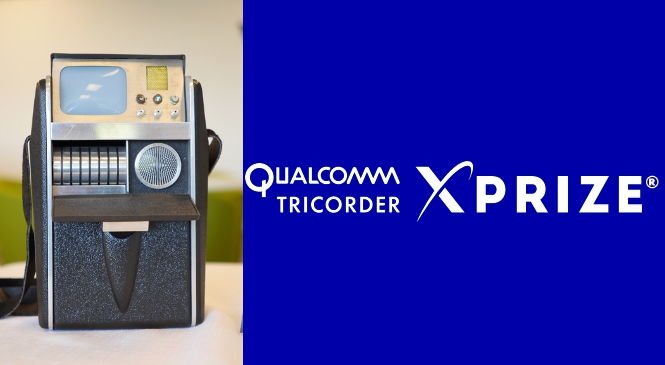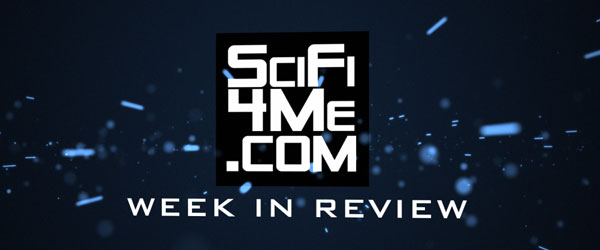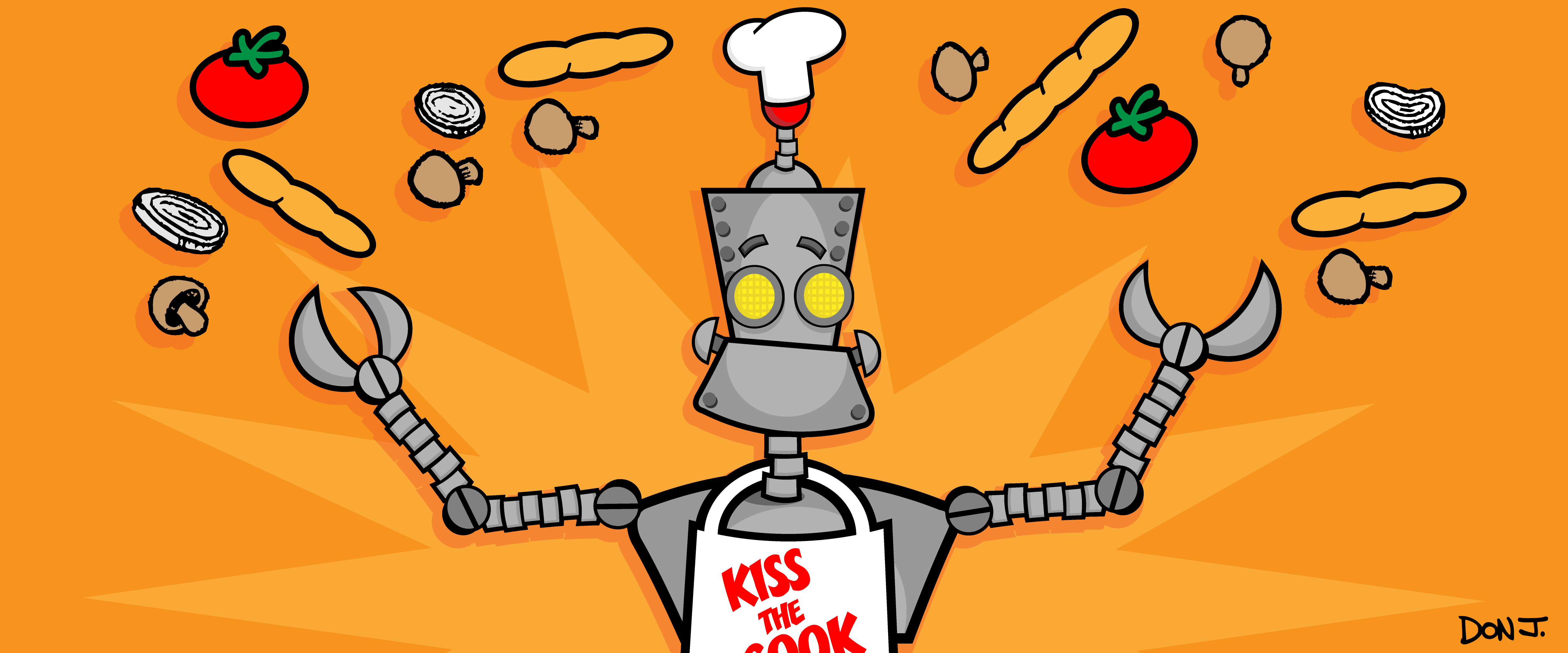XPRIZE Gives Awards — The Tricorder Is Real!

It has been 50 years since the end of the first season of Star Trek. The fantastic, futuristic world presented to us by Gene Roddenberry was full of technology that would boggle the minds … of people in the 1960s. However, less of a prophet and more of a pioneer, Roddenberry inspired generations of scientists and engineers to make that world a reality much sooner than expected. Some of those technologies, like mobile phones, have become almost ubiquitous. Others, like warp drives, are still theoretical, but on the cusp of reality.
One thing that has eluded us to this point is the medical marvel that is the tricorder. Half a century has passed since being introduced to the portable diagnosis machine, and there still hasn’t been much to show for it.
Until now.
Enter the X Prize Foundation. The organization, founded in 1995, seeks to promote innovation through competition. The first competition held was for private organizations and individuals to fly into space. Since then, there have been many others, including the Qualcomm Tricorder XPRIZE. Announced in 2011, the challenge officially began on 10 January 2012. The devices would have to be portable, non-invasive, and diagnose over a dozen predetermined medical conditions.
Now with the competition complete, of the seven final teams from around the world, two winners were crowned on 13 April 2017. They were awarded cash prizes as well as assistance in developing their products.
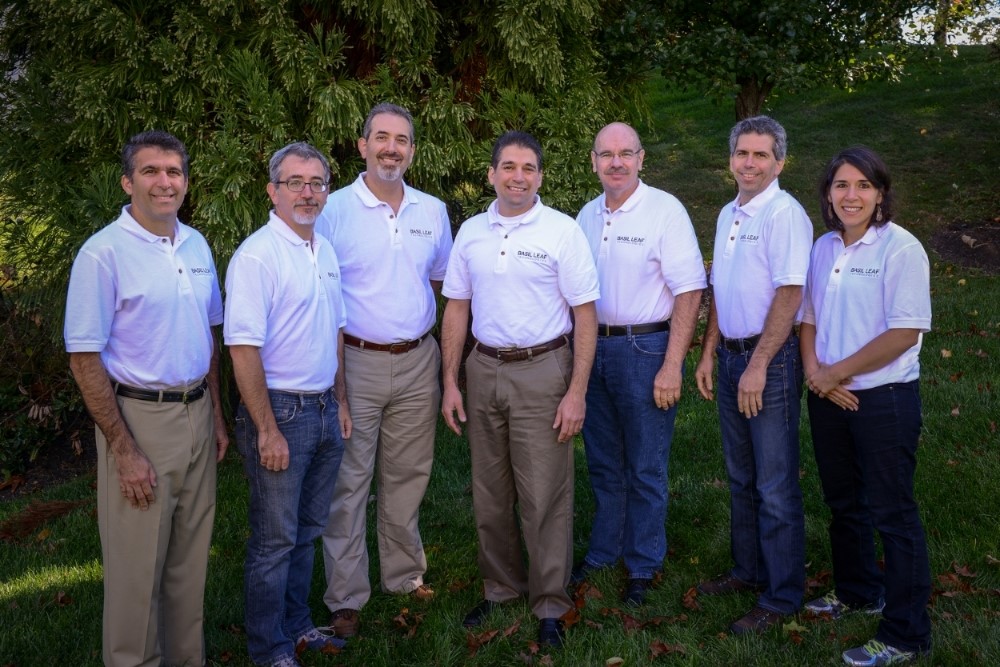
The first place winners, taking home a prize of $2.5 million dollars, was Final Frontier Medical Devices. The Pennsylvania-based team was led by two brothers, emergency medical physician Dr. Basil Harris and network engineer George Harris. Their creation is called DxtER (pronounced “Dexter”), and it can operate autonomously or share information with healthcare providers at the discretion of the user. Truly the epitome of classic, free market, garage level innovation, the group was comprised of family and friends giving of their time and expertise to bring the marvel to life. DxtER uses an A.I. platform utilizing a combination of years of clinical emergency medical experience and data from actual patients with a variety of conditions.
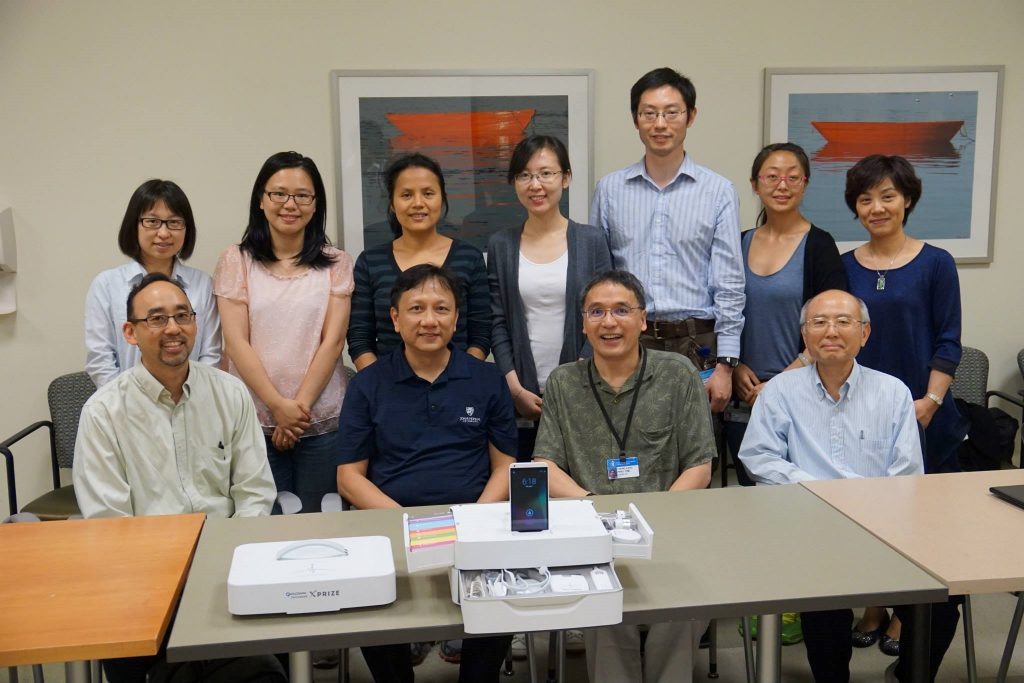
Second place, and a $1 million dollar payout, went to Taiwan-based Dynamical Biomarkers Group, who had sponsorship from mobile phone giant HTC. The team was led by an Associate Professor from Harvard Medical School, Chung-Kang Peng, Ph.D, and included experts from a wide variety of disciplines. Although the device is a bit larger than the winner, it is still extremely portable and is powered by a user-friendly smartphone app.

With the advent of these new technologies, the future of medicine becomes brighter in multiple ways. Emergency rooms and doctors’ offices would no longer be bogged down by people simply needing a diagnosis for themselves or their children, freeing up resources for patients with more immediate and pressing needs. Areas where medical care is at a premium or nonexistent will be able to be better served. Those who are adventuring or traveling where no medical care is available can still receive basic medical care. It even opens the door to better monitoring technology for athletics, allowing coaches and trainers to better watch and assess performance issues in athletes.
On a more personal side, I have been dreaming up as of late a way to provide full clinical examinations where a doctor is not on site. It could be for patients in quarantine, where the doctor is at a remote location from the patient (such as Arctic and Antarctic explorers and researchers), or even for astronauts exploring deep space (such as journeying to Mars) when exams can’t even be done in real time. In those cases, observation and auscultation are fairly simple, but percussion and palpation are prohibitively difficult. Such developments as have come out of the X Prize Challenge bring such a project closer to reality.

I would like to offer my congratulations to the winning teams, Final Frontier Medical Devices and Dynamical Biomarkers Group, for their innovation and achievement. And I offer my utmost and sincerest thanks to the X Prize Foundation for their efforts to bring out the innovation to make this possible, as well as to all of the teams who took part in the challenge and brought Gene Roddenberry’s vision to life. The world will be a better place thanks to all of you.
![]()

